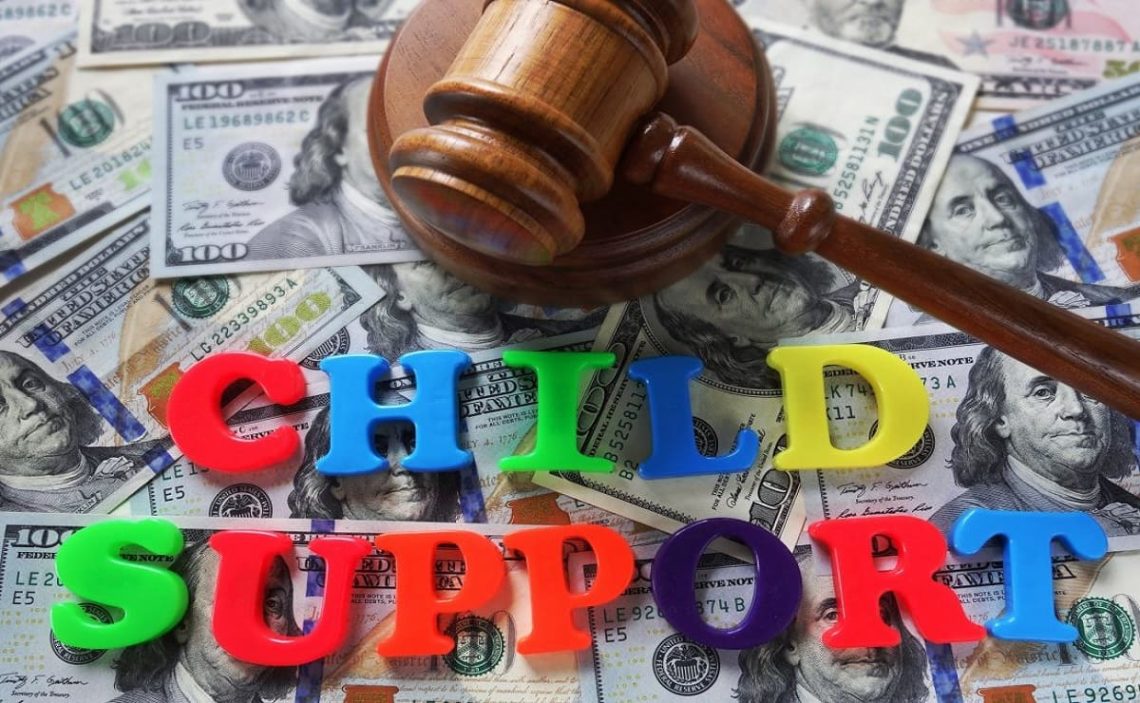When you have a child and, for various reasons, decide to separate from the other parent, it is essential to reach a healthy child support agreement. Generally, the noncustodial parent is responsible for providing the financial resources to meet the child’s basic needs.
If payments become irregular or non-existent, the custodial parent may file a motion for contempt against the other party. In these cases, the assistance of an attorney is necessary to avoid further damage.
Is there a way to get out of contempt of court for child support?
The only way to get out of contempt is to pay the past-due child support. You must make all payments on the due date to avoid this type of lawsuit that can cause you a great deal of inconvenience.
If the child’s representative has filed a lawsuit for nonpayment of child support, you should be aware of the procedures to follow in your state. A good solution is to start making the outstanding payments, even if it is not the full amount.
The action will demonstrate to the court that you do not want to be released from the obligation. On the contrary, you do not have the financial means at this time to catch up on the full amount. If you have had problems with your finances, you should request a reduction of the fee.
For the process to be effective, you must show that you are earning less money than when you ordered the support amount to dismiss the contempt and adjust your payments to your new income.
What does contempt of support mean?
In these cases, the contempt is considered “civil contempt,” meaning that the person did not comply with court orders imposed by the court. The court may initiate contempt proceedings when the authorized parent indicates you have not paid child support.
You will be prosecuted for not following the court’s rules and could face different sanctions. Depending on the severity of the situation, you may have to serve time in jail.
There must be evidence to proceed with the challenge
When a parent is sued and found in contempt, there must be evidence of disobedience. In addition, the court will determine whether the delay in payment was willful or not.
A parent is guilty when they know the consequences and decides to stop making child support payments. On the other hand, it may be non-voluntary contempt when the payment problem was initiated by a layoff, illness, or any other situation resulting in a lack of money from the child support provider.
What are the penalties?
Any failure to comply with court-imposed orders has legal consequences. If it is the first time it has happened, you may face wage garnishment, fines, court-supervised visitation, or an update to the original parenting plan.
If cases become more serious, for example, you have many months without making payments, and it is proven that there is no problem in your monthly income. The punishment can be imprisonment for approximately six months.
In addition, you will be responsible for attorney’s fees and all court costs. During this period, you must continue to comply with the child support payments to avoid further delays. Remember that when the court is notified of the arrears, interest may begin to be charged.
María Laura Landino is a journalist who graduated from Boston University with more than four years of experience in the financial sector. He has been responsible for several research papers published by major universities.
Content Manager of allaboutgroup company. You will find me in job and Finance sections.


